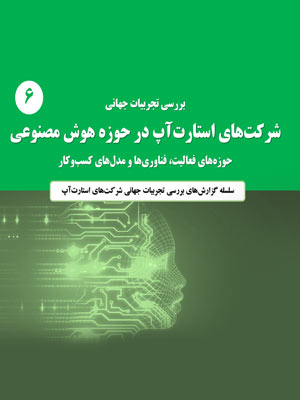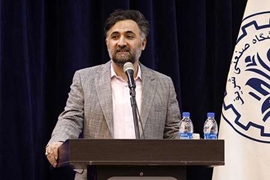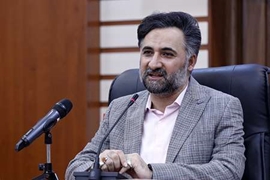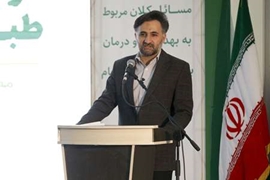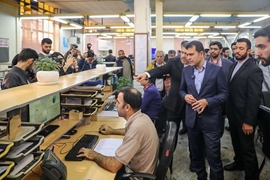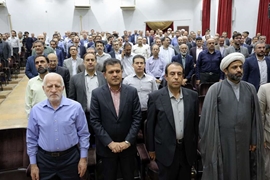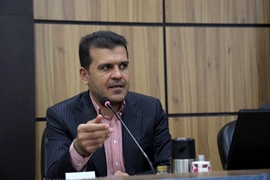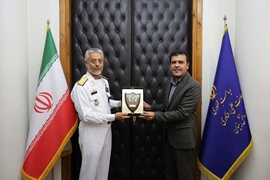Dehghani:
Over 90% of the assets of knowledge-based companies are intangible assets.
The Vice President of Science, Technology and Knowledge-Based Economy stated at the event "Intellectual Property and Sustainable Development; Creating a Shared Future with Innovation and Creativity" that: Over 90% of the assets of knowledge-based companies are intangible assets, which must first be evaluated and valued and then converted into credit so that companies can use this credit to obtain loans.
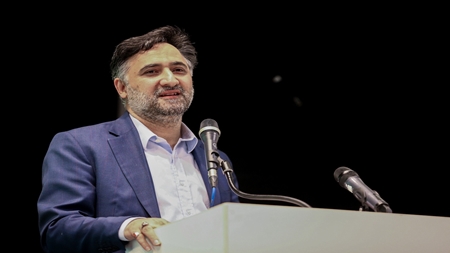
According to the reporter of Communication and Information Center in the Vice Presidency of Science, Technology and Knowledge-Based Economy, the event "Intellectual Property and Sustainable Development; Creating a Shared Future with Innovation and Creativity" was held today at the University of Science and Culture on the occasion of World Intellectual Property Day.
Speaking at the event, Rouhollah Dehghani said that paying serious attention to the issue of intellectual property in today's conditions is a valuable opportunity. He added that if a structure is to be built under the title of a knowledge-based economy, the foundation of that structure is undoubtedly the issue of intellectual property.
He said that physical assets are measurable because they are tangible, but measuring the value, importance and achievements of human thought is a very difficult task.
Dehghani continued: Before we can build the building, we must build its foundation. We have been working for years on the knowledge-based economy and the development of knowledge-based companies, but we have forgotten that before knowledge-based companies can be established, we must create a system that allows us to measure and validate the achievements of these companies, which are mainly intangible.
Stating that over 98% of the market value of the 100 largest technology companies in the world is intangible, he said that what creates value is a company's human assets, inventions, technologies, authority and brand name. These are what give substance to the transformation of knowledge into wealth.
Dehghani added that given the importance of this issue (intellectual property), we must work more quickly on the issue of intellectual property, its evaluation and validation.
He also referred to his meeting last year with the Director General of WIPO in Geneva, saying that it was agreed that a number of joint WIPO-approved courses would be held in the country to certify a number of intermediary organizations so that they could carry out intellectual property evaluations. If the evaluation is not done correctly, the credibility and structure of the valuation will also be lost.
The Vice President of Science, Technology and Knowledge-Based Economy concluded by saying that in view of the serious determination that we are witnessing in the Center for Strategic Technology Development and the Intellectual Property Asset Management Center, he hopes that this year we will have several successful experiences in this field.





